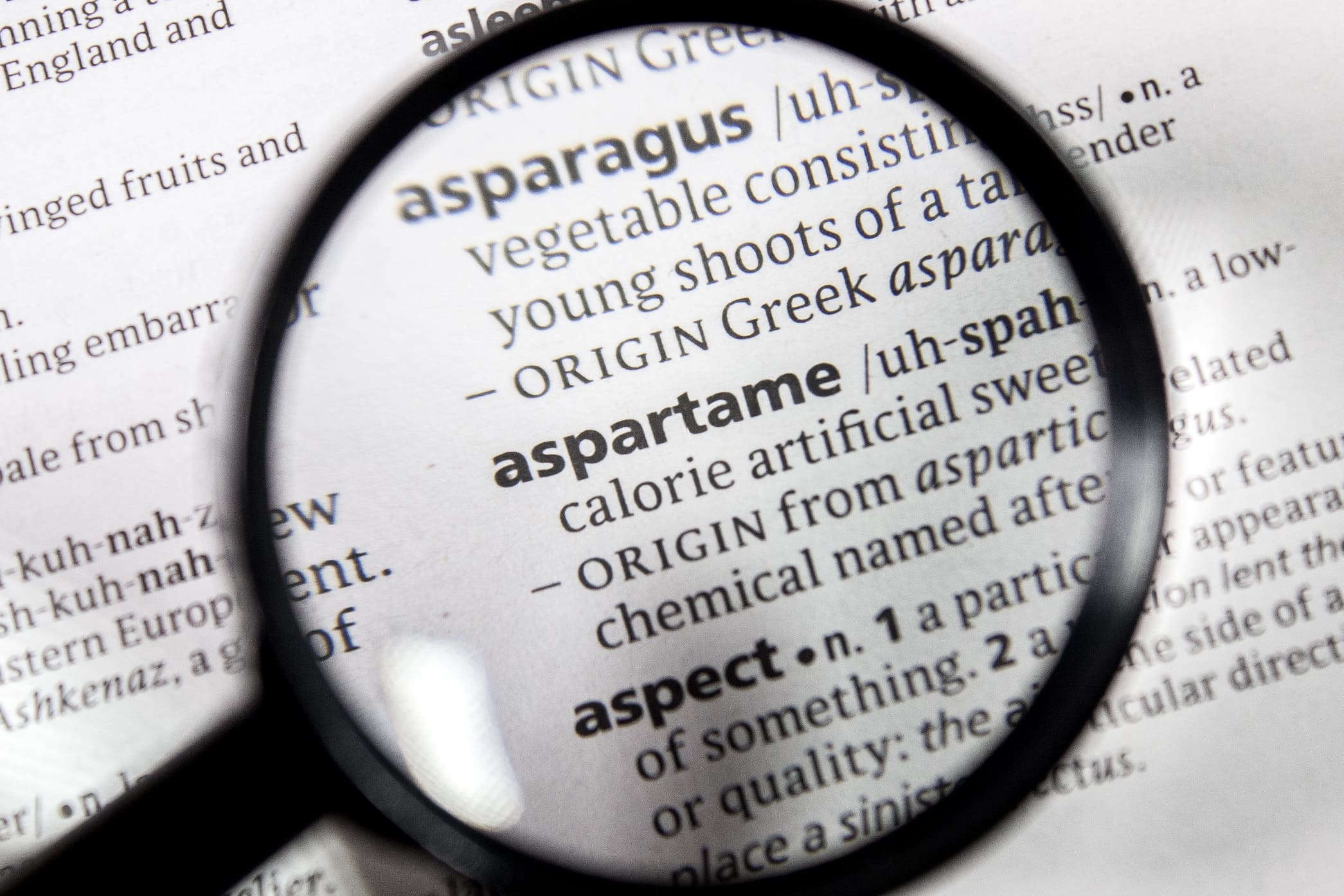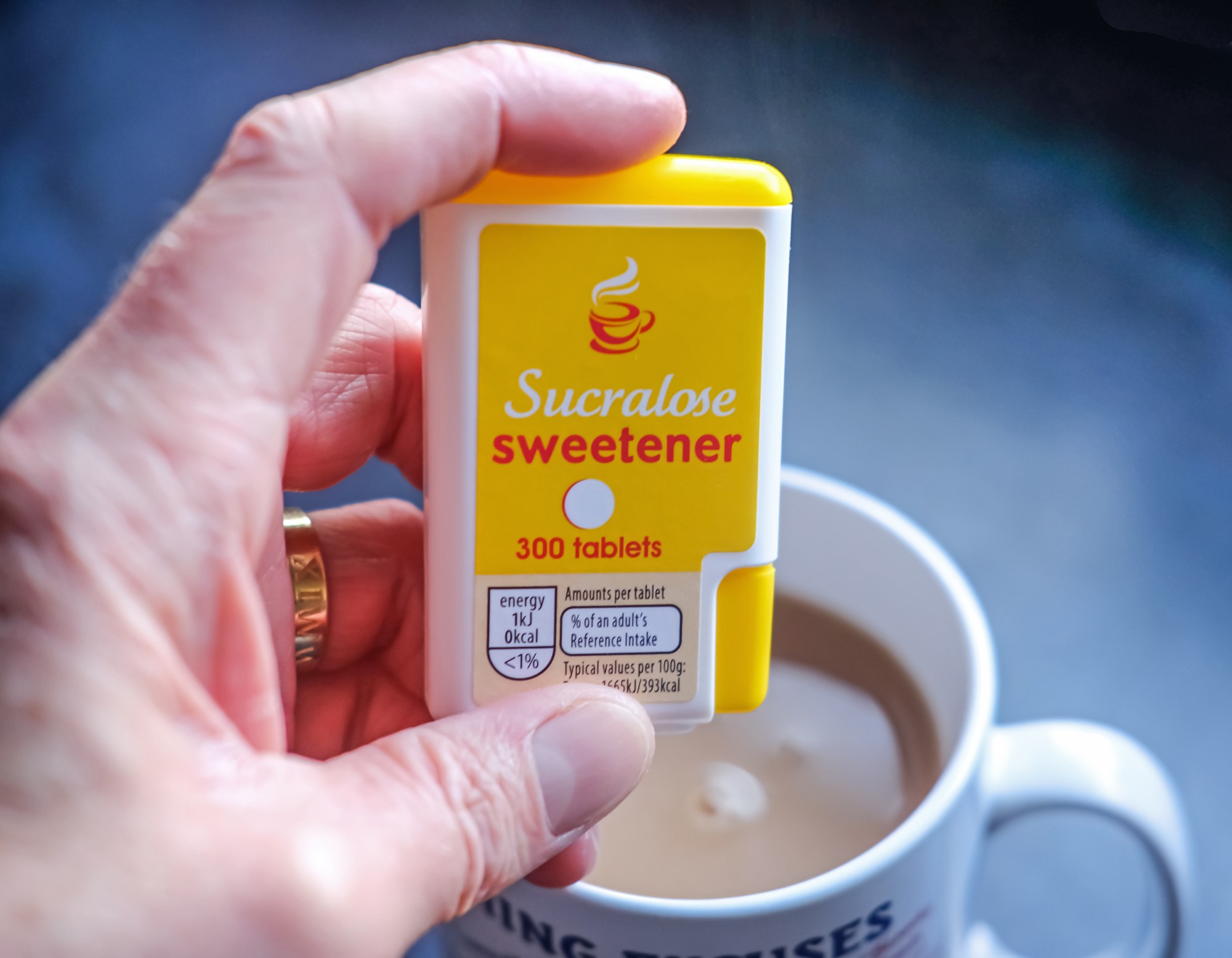Aspartame sweetener affects cardiovascular health of animals
Aspartame, a common sweetener used in many sugar-free foods and drinks, affects the cardiovascular health of mice and monkeys, a study claims. Consuming aspartame increases the animals' insulin levels and contributes to the development of atherosclerosis, the buildup of fatty plaque in the arteries, according to the research article published in Cell Metabolism.






